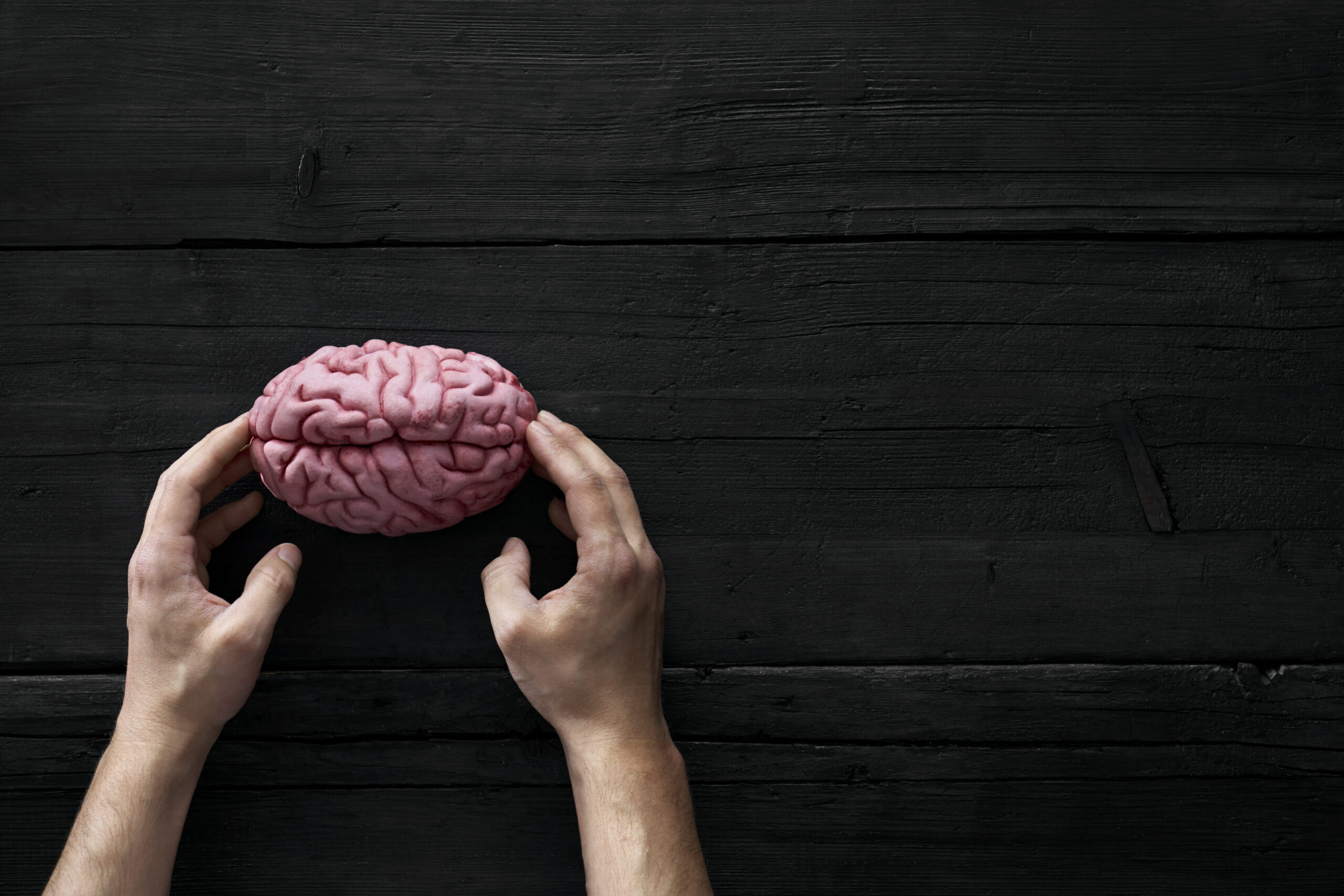Drug overdoses are alarmingly prevalent in today’s society. Beyond the immediate life-threatening implications, surviving an overdose can have profound and lasting effects on the brain. If you or someone you know has experienced an overdose, understanding these neurological impacts is crucial for recovery and future prevention.
Immediate Effects on the Brain:
An overdose occurs when an excessive amount of drugs overwhelms the body’s ability to metabolize and eliminate them. This excess can disrupt the brain’s chemistry in various ways:
Oxygen Deprivation: Many drugs can slow or stop breathing during an overdose. The resulting lack of oxygen (hypoxia) can cause brain cells to die, leading to potential long-term cognitive impairments or brain damage.
Neurotransmitter Imbalance: Drugs often affect neurotransmitters, the chemicals that allow neurons to communicate. An overdose can cause excessive or prolonged neurotransmitter activity, leading to seizures or widespread neuronal damage.
Long-term Cognitive Impacts:
Survivors of drug overdoses may experience lasting cognitive challenges:
- Memory Problems: Lack of oxygen and neurotransmitter imbalances can adversely affect the brain’s memory centers, especially the hippocampus.
- Reduced Decision-making Skills: The prefrontal cortex, responsible for decision-making and impulse control, can be affected. This may make individuals more prone to risky behaviors or poor judgement.
- Mood Changes: The brain’s mood centers, particularly areas like the amygdala, can be impacted, leading to heightened emotions, mood swings, depression, or anxiety.
Persistent Psychological Effects:
Beyond the physical changes in the brain, surviving an overdose can have deep psychological repercussions:
- Trauma and PTSD: Experiencing an overdose can be traumatic. Survivors might have flashbacks, nightmares, or persistent anxiety about the event, all hallmarks of post-traumatic stress disorder (PTSD).
- Guilt and Shame: Societal stigma surrounding drug use and overdose can lead to feelings of shame or guilt, further exacerbating mental health challenges.
The Brain’s Plasticity and Recovery:
While the effects of an overdose can be dire, the brain is remarkably resilient. Neuroplasticity, the brain’s ability to form new connections and pathways, can aid in recovery:
- Rehabilitation Therapies: Cognitive and physical therapies can help stimulate the brain, fostering new connections and aiding in the recovery of lost functions.
- Mental Health Support: Counseling and therapy can address the psychological impacts of an overdose, offering coping strategies and healing methodologies.
Prevention and Support:
Understanding the brain’s response to an overdose underscores the importance of prevention and support:
- Education and Awareness: Being informed about the risks of drug use and the signs of an overdose can be life-saving. Community and school-based programs emphasizing these aspects are pivotal.
- Support Networks: Support from friends, family, and dedicated groups can offer a safety net for those recovering from addiction or a previous overdose.
The aftermath of surviving a drug overdose is multifaceted, with profound effects on the brain’s structure and function. However, with the right knowledge, support, and intervention, recovery is within reach. Prioritizing education, early intervention, and comprehensive care can make a world of difference in both prevention and post-overdose healing.
